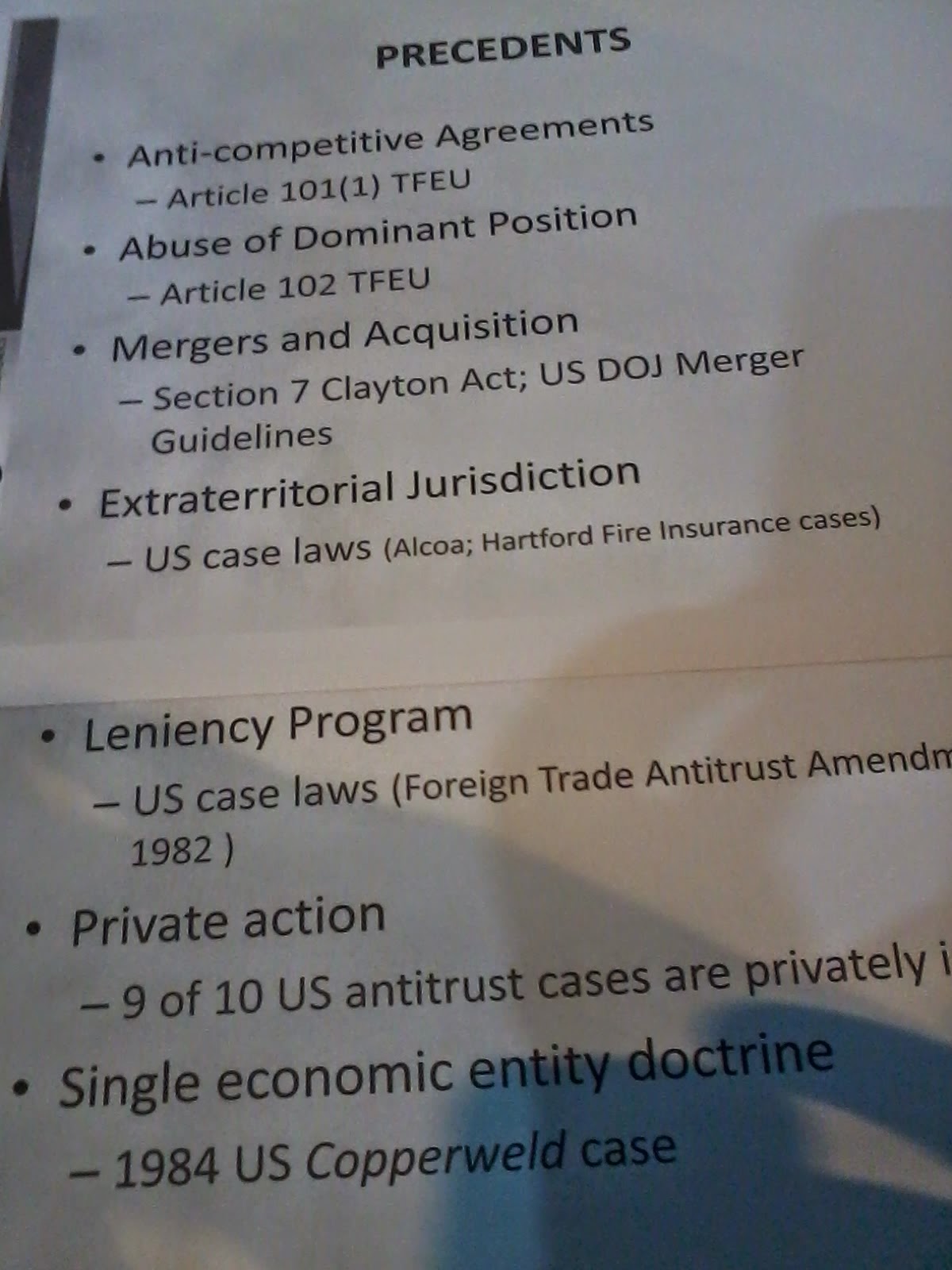* This is my article in BusinessWorld on May 15, 2018. The chart is added here as it was not accommodated in the column due to space constraints that day.
Commodities competition as defined in this piece refers
to companies that are producing certain commodities and are competing for
investors. Thus, energy companies are those that plan to attract more investors
and expand operations when world energy prices are high as compared to those
companies producing agricultural, industrial, and other commodities.
This is a continuation of a series of pieces about
competition.
Last week we discussed overall competition and the role
of the Philippine Competition Commission (PCC), electricity competition and the
role of Philippine Electricity Market Corp. (PEMC), innovation and the role of
IPR protection.
Endless competition also leads to endless innovation and
this results in disruption in global economic balance or imbalance, which,
among others, would be discussed in BusinessWorld’s Economic Forum 2018 that
carries the theme: “Disruptor or Disrupted? The Philippines at the Crossroads.”
Currently, energy prices especially oil are rising again
as the supply from OPEC-Russia remains constricted and US shale oil production
expands but insufficient to cope with high world demand. But this rise in
energy prices do not represent disruption in the global energy balance yet.
I visited the Commodities section of Trading Economics,
https://tradingeconomics.com/commodities, and checked which of the many
commodities have “disrupting”prices over the last five years.
The commodities are divided into five groups: (1) Energy
(crude oil, natural gas, naptha, propane, uranium, etc.), (2) Metals (gold,
silver, manganese, palladium, rhodium, etc.), (3) Agricultural (rice, corn,
coffee, cheese, lumber, sugar, soybeans, wheat, etc.), (4) Livestock (poultry,
cattle, hogs, beef), and (5) Industrial (coal, copper, cobalt, steel, nickel,
lead, aluminum, etc.). There are about 50 commodities in total.
What is surprising is the eminence of certain metallic
products.
Four commodities have incurred disruptive price hikes —
cobalt, rhodium, palladium, and lumber. Zinc and lithium also have rising price
trends but not as steep as these four. The rest of the commodities have
up-down-up cycles, or declining prices like uranium.
Cobalt is mainly used to produce high performance alloys
and rechargeable batteries. Thus, companies producing batteries for mobile
phones, electric cars, motorcycles and buses would be scrambling for limited
cobalt supply in the world as Congo is the dominant supplier but politically unstable.
Cobalt is found in copper and nickel ores and the Philippines is a major nickel
producer in the world and an average copper producer.
Rhodium is a silver-white metallic element that is highly
resistant to corrosion. Thus, it is mainly used in automobiles as a catalytic
converter, changing harmful unburned hydrocarbons, carbon monoxide, and
nitrogen oxide exhaust emissions into less noxious gases. It is found in
platinum or nickel ores and other metals, and again, the Philippines is a major
player in global nickel production and exports.
Palladium is used in catalytic converters, also in
jewelry, dentistry and surgical instruments, watch making, aircraft spark
plugs, ceramic capacitors, among others.
High lumber demand is experienced as there is a new trend
in building construction using treated wood instead of cement and steel.
Innovations in wood treatment allow them to be fire-resistant. Demand for
“eco-friendly” packing materials and related products also experience rising
demand.
And this brings us to the endless mining debate in the
Philippines.
The trend is there — rising if not disruptive price hikes
in many metallic products — so why make mining production highly politicized
and bureaucratic? Why is that DENR circular that suspended or closed several
mining companies issued by a former secretary who believes she can fly still
not lifted until now?
Not content with bureaucratic licensing and monitoring of
mining companies, mining excise tax has been doubled in the TRAIN 1 law of 2017
and there are moves to further raise this tax in TRAIN 2 bill now in Congress.
A better alternative for Congress would be to ban
“small-scale” mining as almost all such mining actually use heavy equipment
such as backhoes, bulldozers, and huge trucks. They should then be encouraged
to pool their resources to become medium- to large mining corporations
registered with SEC and subject to mandatory community projects as provided in
the Mining Act of 1995.
Australia and Canada, among the biggest mining
powerhouses in the world despite having major environmental NGOs, do not have
“small-scale” mines that are harder and more time-consuming to monitor.
The Philippine government should be a partner and not a
hindrance to more modern and responsible mining and allow us to take advantage
of this upward trend in global metal prices.
The government should be an enabler of disruption, not a
disruptor, in the clear potentials of metallic mining.
--------------
See also:
BWorld 204, Mining attractiveness index and the Philippines, April 30, 2018
BWorld 204, Mining attractiveness index and the Philippines, April 30, 2018
BWorld 210, Electricity competition, EPIRA, and WESM, May 16, 2018




























